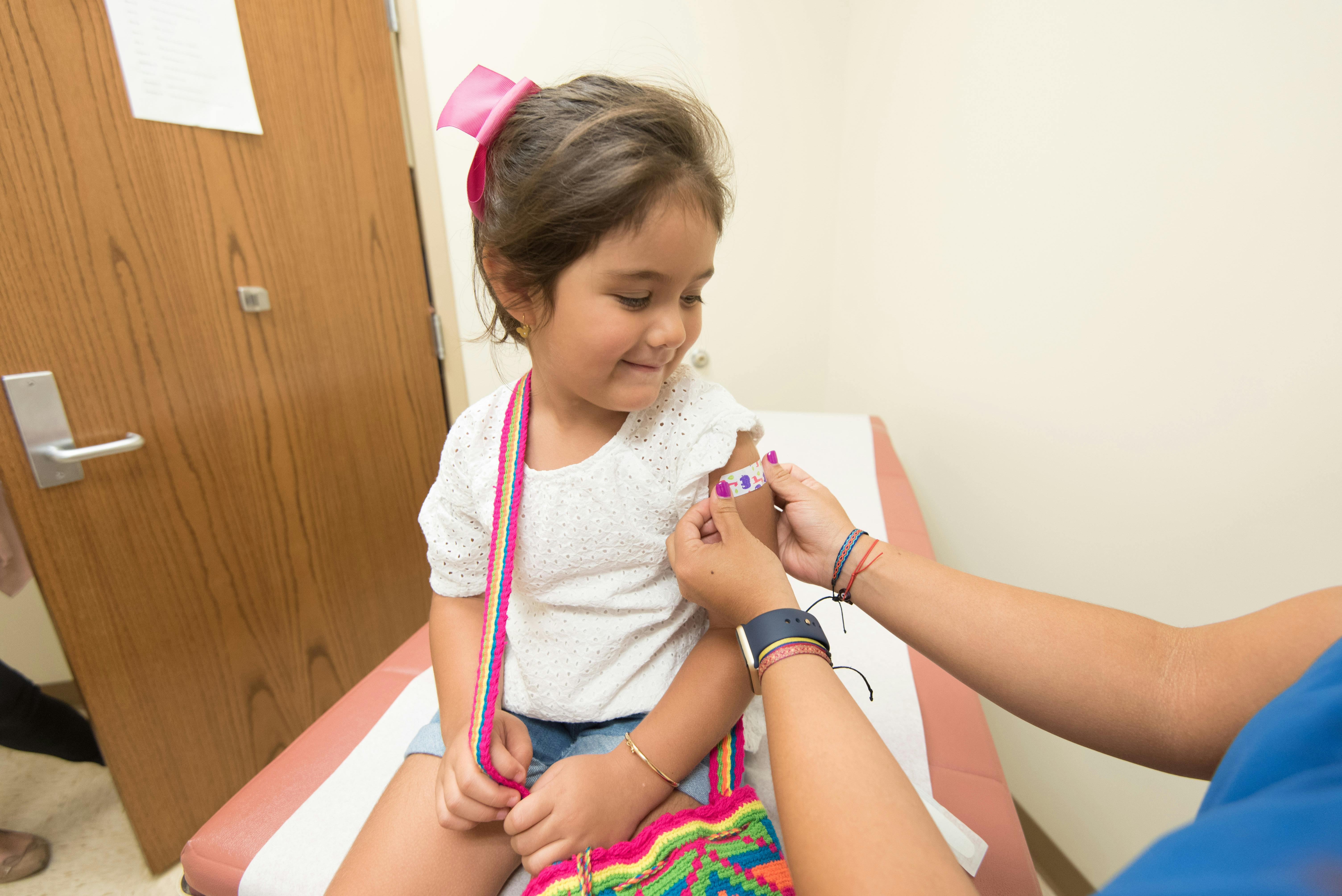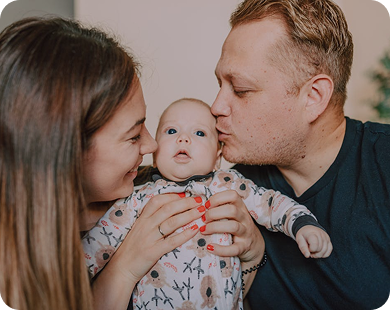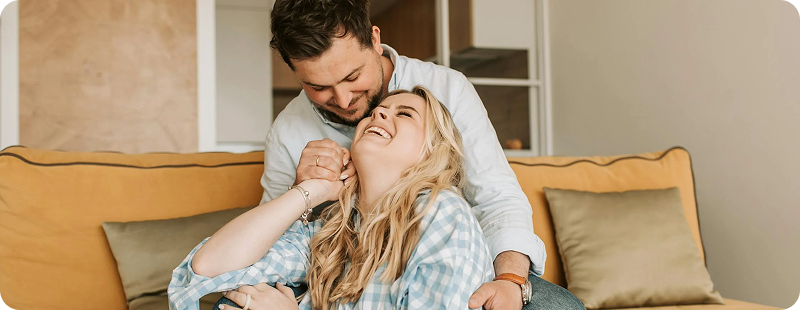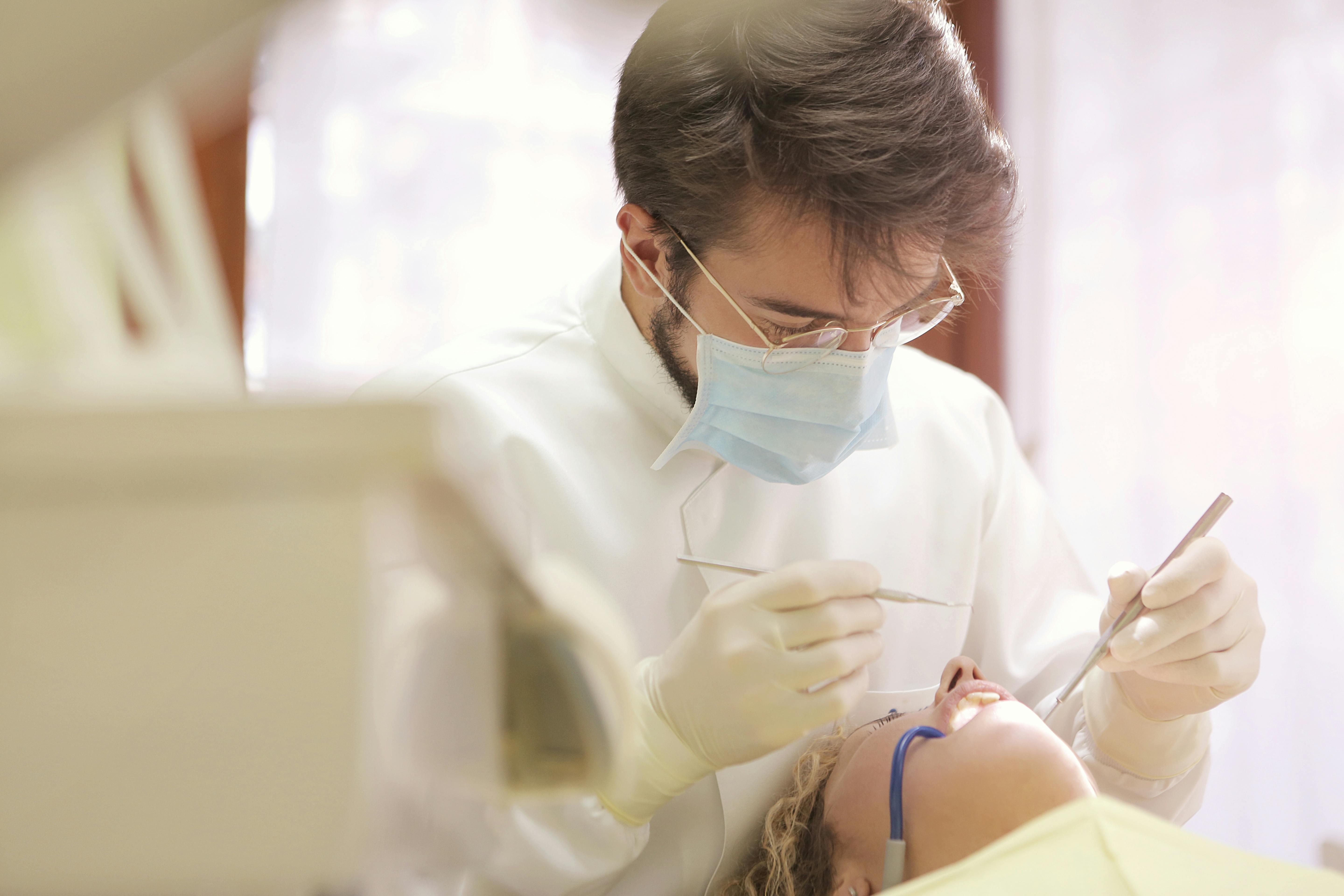If you've been trying ovulation induction (OI) for several cycles without success, you might be wondering when it's time to consider IVF. The transition from OI to IVF is a significant decision that depends on multiple factors including your age, diagnosis, response to treatment, and personal circumstances. Understanding the key indicators can help you make an informed choice about your fertility journey.
Understanding Ovulation Induction and Its Limitations
Ovulation induction involves using medications like Clomid or Letrozole to stimulate your ovaries to release eggs. This treatment works well for women with ovulation disorders, but it has natural limitations that become apparent over time.
The success of OI depends heavily on having healthy fallopian tubes, good sperm quality, and proper timing. When these factors aren't optimal, or when underlying issues remain undiagnosed, OI may not be the most effective path forward.
| OI Success Factors | Impact on Treatment |
|---|---|
| Age under 35 | Higher success rates per cycle |
| Open fallopian tubes | Essential for natural conception |
| Normal sperm parameters | Required for fertilization |
| Proper medication response | Indicates good ovarian function |
| Regular cycle monitoring | Optimizes timing and dosing |
Clear Signs It's Time to Move from OI to IVF
Several indicators suggest that continuing with ovulation induction may not be your most effective option. Recognizing these signs early can save you time, emotional energy, and help you achieve your goal of pregnancy more efficiently.
Failed Cycles Despite Good Response
If you've completed 4-6 cycles of OI with good ovarian response but haven't conceived, this often indicates that ovulation isn't your primary fertility challenge. Good response means you're producing mature follicles and ovulating, but pregnancy still isn't occurring.
According to reproductive endocrinology research, most pregnancies from OI occur within the first three to four treatment cycles. Continuing beyond six cycles without success typically yields diminishing returns (Fritz & Speroff, 2011).
Age-Related Considerations
Your age significantly impacts both OI success rates and the urgency of moving to more advanced treatments. Women over 35 have less time to spend on treatments with lower success rates per cycle.
| Age Group | OI Success Rate per Cycle | Recommended Cycles Before IVF |
|---|---|---|
| Under 30 | 15-20% | 4-6 cycles |
| 30-35 | 10-15% | 3-4 cycles |
| 35-40 | 5-10% | 2-3 cycles |
| Over 40 | 2-5% | Consider IVF first |
Underlying Fertility Issues
Sometimes OI reveals or confirms other fertility challenges that make IVF a more appropriate choice. These include tubal factors, severe male factor infertility, or endometriosis that affects egg quality or implantation.
Medical Indicators for IVF Transition
Your fertility specialist will evaluate specific medical factors when recommending the transition from OI to IVF. These clinical indicators provide objective measures for treatment decisions.
Hormonal Response Patterns
Poor response to ovarian stimulation medications or inconsistent hormone levels may indicate that your ovaries need the more controlled environment that IVF provides. This includes situations where you're not responding to standard doses or experiencing unpredictable cycles.
Structural Issues
Blocked or damaged fallopian tubes make natural conception impossible, regardless of successful ovulation. Similarly, severe uterine abnormalities may require the precise embryo placement that IVF transfer provides.
| Medical Indicator | Why IVF is Recommended |
|---|---|
| Blocked fallopian tubes | Bypasses tubal transport issues |
| Severe male factor | Allows for ICSI if needed |
| Poor egg quality | Enables embryo selection |
| Recurrent pregnancy loss | Permits genetic testing (PGT) |
| Unexplained infertility | Addresses multiple potential factors |
Diagnostic Revelations
Sometimes the OI process itself reveals information that changes your treatment plan. For example, if monitoring shows that you're ovulating but your endometrium remains thin, this suggests implantation issues that IVF protocols can better address.
Emotional and Practical Considerations
The decision to move from OI to IVF isn't purely medical. Your emotional readiness, financial situation, and personal timeline all play important roles in this transition.
Emotional Readiness
Each failed OI cycle can take an emotional toll. If you find yourself feeling increasingly anxious, depressed, or obsessed with treatment timing, it might be beneficial to move to a treatment with higher success rates per attempt.
Many patients report feeling more in control and hopeful when they transition to IVF, even though it's more intensive. The higher success rates and more comprehensive approach can provide psychological benefits alongside medical ones.
Time Sensitivity
If you have specific timing goals for pregnancy or family completion, the higher success rates of IVF may align better with your timeline. This is particularly relevant for women approaching 35 or those who want multiple children.
Financial Planning
While IVF requires a larger upfront investment, it may be more cost-effective in the long run if OI cycles aren't successful. Consider the cumulative cost of multiple OI cycles, monitoring, and medications versus the potentially faster results with IVF.
Success Rate Comparisons: OI vs IVF
Understanding the success rate differences between treatments can help inform your decision. These rates vary based on individual factors, but general patterns provide useful guidance.
| Treatment | Success Rate per Cycle (Under 35) | Success Rate per Cycle (35-40) | Cumulative Success (3 Cycles) |
|---|---|---|---|
| Ovulation Induction | 15-20% | 8-12% | 40-50% |
| IVF | 40-50% | 25-35% | 70-85% |
Research from the Society for Assisted Reproductive Technology shows that IVF success rates are significantly higher per cycle than OI, particularly for women with multiple fertility factors or those over 35 (SART, 2023).
Factors That Improve IVF Success
Several factors can optimize your IVF success rates, making the transition even more worthwhile. These include proper egg quality preparation, comprehensive testing, and personalized protocol selection.
Making the Transition: What to Expect
Moving from OI to IVF involves several steps and adjustments. Understanding the process can help you prepare mentally and practically for this transition.
Additional Testing
Your fertility team will likely recommend additional tests before starting IVF. These may include more detailed hormone panels, genetic screening, or imaging studies that weren't necessary for OI.
| Test Type | Purpose | Timing |
|---|---|---|
| AMH and FSH levels | Assess ovarian reserve | Before protocol design |
| Hysteroscopy | Evaluate uterine cavity | 1-2 months before IVF |
| Genetic screening | Identify hereditary risks | Before treatment start |
| Mock embryo transfer | Plan transfer technique | During preparation cycle |
Protocol Selection
Your IVF protocol will be customized based on your response to OI medications. If you responded well to Letrozole or Clomid, your doctor might choose a similar approach for ovarian stimulation in IVF.
Optimizing Your IVF Success
The transition to IVF offers opportunities to address factors that may have limited OI success. Taking advantage of these opportunities can significantly improve your chances of pregnancy.
Lifestyle Modifications
The time between deciding on IVF and starting treatment provides an excellent opportunity to optimize your health. Focus on nutrition, exercise, stress management, and any recommended supplements.
Advanced Technologies
IVF allows access to advanced reproductive technologies that aren't available with OI. These include genetic testing of embryos (PGT), time-lapse embryo monitoring, and specialized laboratory techniques that can improve success rates.
When to Seek a Second Opinion
If your current provider is reluctant to move to IVF despite clear indicators, or if you're unsure about the timing, seeking a second opinion can provide valuable perspective.
Consider consultation with another fertility specialist if you've completed multiple OI cycles without success, if you're over 35 and time is a factor, or if you have complex medical history that might benefit from a fresh perspective.
Financial and Insurance Considerations
The financial aspect of transitioning to IVF requires careful planning. Many insurance plans have different coverage for OI versus IVF, and understanding these differences can impact your decision timing.
| Financial Factor | OI Considerations | IVF Considerations |
|---|---|---|
| Per-cycle cost | Lower upfront cost | Higher upfront investment |
| Medication costs | Moderate monthly expense | Significant but time-limited |
| Success probability | Multiple cycles likely needed | Higher success per attempt |
| Insurance coverage | Often better covered | Variable coverage |
Frequently Asked Questions
How many OI cycles should I try before considering IVF?
Most fertility specialists recommend 3-6 cycles of OI before considering IVF, depending on your age and specific circumstances. Women over 35 may benefit from transitioning sooner, while younger women might try additional cycles if there are no other fertility factors.
Can I go back to OI if IVF doesn't work?
While technically possible, most patients who move to IVF don't return to OI because the underlying reasons for the transition usually remain. However, some might use OI for IUI cycles as an intermediate step.
Will my insurance cover IVF if OI failed?
Insurance coverage varies significantly. Many plans require documentation of failed OI cycles before approving IVF coverage. Check with your insurance provider about specific requirements and coverage limits.
Is IVF more stressful than OI?
IVF is more intensive and involves more procedures, but many patients find it less stressful because of higher success rates and more comprehensive monitoring. The emotional impact varies greatly between individuals.
How long should I wait between my last OI cycle and starting IVF?
Most doctors recommend at least one normal menstrual cycle between treatments, but this can vary based on your specific medications and response. Some patients can transition immediately, while others benefit from a short break.
The Role of Advanced Diagnostics
The transition from OI to IVF often reveals the value of more comprehensive diagnostic testing. Advanced diagnostics can identify subtle issues that may have prevented OI success and guide IVF protocol optimization.
Genetic Testing Considerations
If you've experienced multiple OI failures, genetic factors might be involved. Preimplantation genetic testing during IVF can identify chromosomal abnormalities that may have caused previous cycle failures.
Immunological Factors
Some patients have immunological factors that interfere with implantation. These issues often don't affect ovulation but can prevent pregnancy even with successful OI cycles. IVF protocols can include treatments to address these factors.
Preparing for Your IVF Journey
Once you've decided to transition to IVF, proper preparation can significantly impact your success. This preparation involves physical, emotional, and practical elements.
Physical Preparation
Your body may need time to recover from OI medications before starting IVF stimulation. Focus on proper nutrition, adequate sleep, and stress reduction during this transition period.
Emotional Support
The transition to IVF can bring up complex emotions, from relief at moving to a more effective treatment to anxiety about the increased intensity. Consider counseling or support groups specifically for fertility patients.
Practical Planning
IVF requires more frequent monitoring appointments and procedures. Plan for time off work, arrange support for daily activities, and prepare your home environment for recovery periods.
The decision to move from ovulation induction to IVF represents a significant step in your fertility journey. While it may feel overwhelming, this transition often provides the comprehensive approach needed to achieve pregnancy. Trust your medical team, listen to your body, and remember that seeking more effective treatment is a sign of strength, not failure.
At Avida Fertility, we understand that every patient's journey is unique. Our experienced team provides personalized care throughout your transition from OI to IVF, ensuring you receive the most appropriate treatment for your specific situation. We're committed to supporting you with advanced technology, compassionate care, and the expertise needed to help you achieve your dream of parenthood.
Considering IVF treatment? Avida Fertility is here to support and guide you on your fertility journey. Reach out today for a personalized consultation and take the first step towards building your family with confidence.






.png)







.svg)
.svg)
